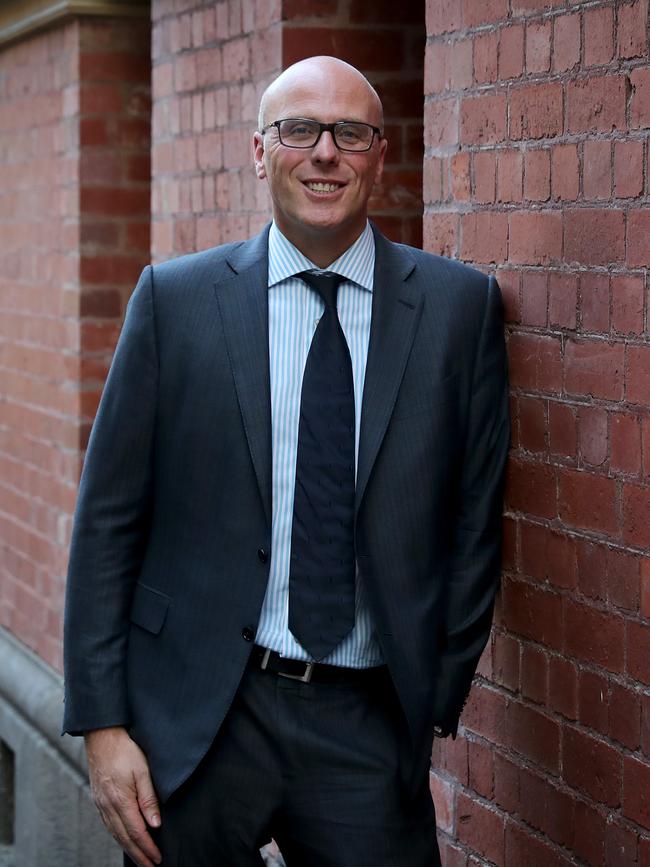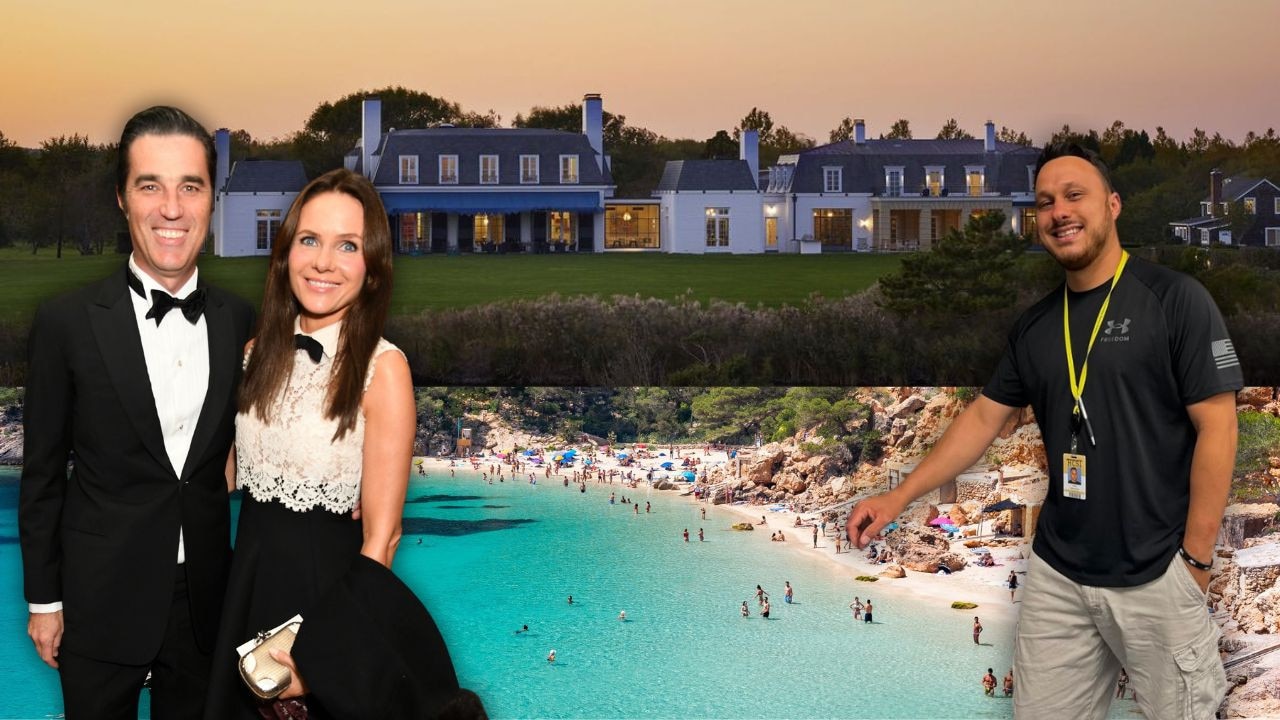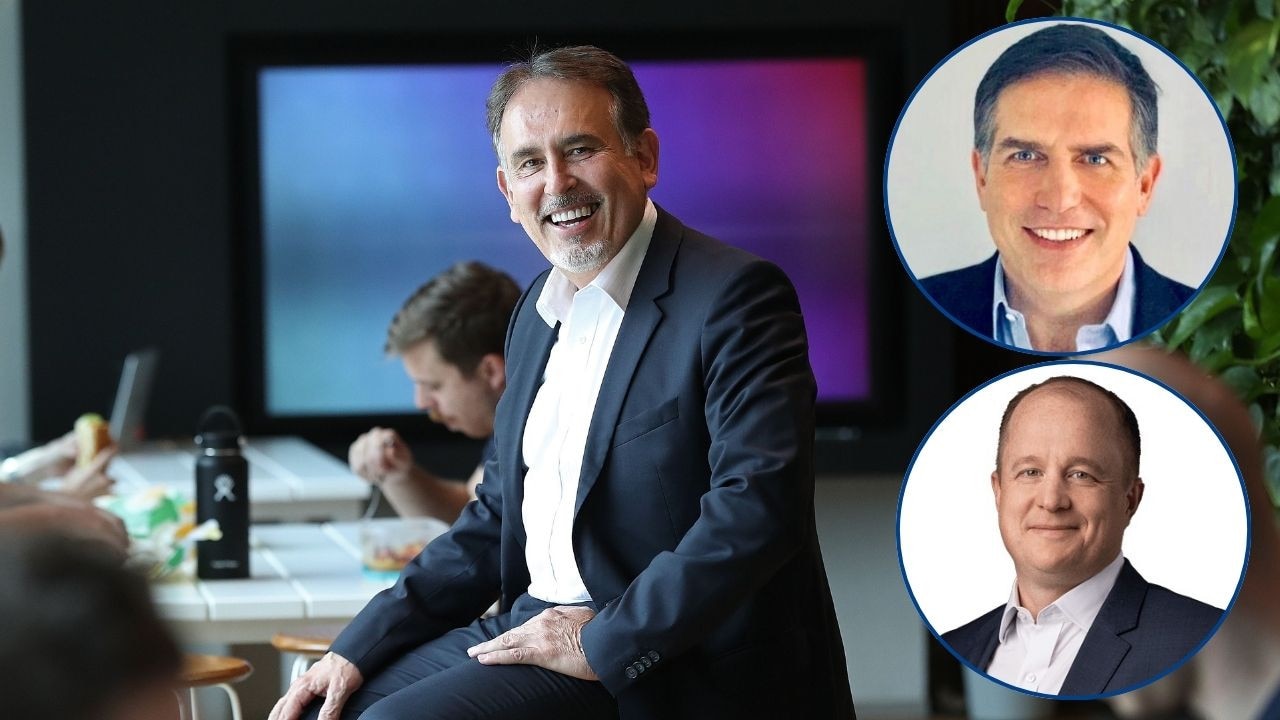Insider trading case told it would be more surprising if ex-Vocus chief hadn’t sold his shares
Ex-Vocus chairman Vaughan Bowen had already informed his broker he wanted to move on from the telco, so it was not surprising he sold $25m in shares, a court has heard.

The ex-chairman of an ASX-listed telco had been offloading his shares in Vocus for days before going “all in” with another company when he traded holdings worth about $25m, a court has heard.
On Thursday lawyers for ex-Vocus chairman Vaughan Bowen finished closing submissions to a jury at his criminal trial, defending allegations he traded in $25m worth of Vocus shares after learning a proposed takeover had fallen through before it was announced to the market.
The Commonwealth Director of Public Prosecutions has charged Mr Bowen with two counts of insider trading.
The CDPP alleges he sold more than five million Vocus shares after he discovered EQT Infrastructure IV’s non-binding indicative proposal to acquire all shares in Vocus, announced to the Australian Securities Exchange on May 27, 2019, was unlikely to proceed.

Mr Bowen is alleged to have discovered this information after he had lunch with Vocus general counsel Ashe-lee Jegathesan at popular Melbourne restaurant Lucy Liu on June 4 that year.
The CDPP claimed Ms Jegathesan found out the deal had fallen through while she was at lunch with Mr Bowen. Shortly after Ms Jegathesan ended a meeting about the deal, Mr Bowen allegedly made the trades.
Earlier, the court heard Ms Jegathesan told investigators from the Australian Securities & Investments Commission she did not discuss the deal with Mr Bowen at the lunch.
Neil Clelland KC, for Mr Bowen, said there was a rational explanation for why his client made the trades.
“The fact of (Mr) Bowen selling on the fourth of June is entirely rational without any implication he had some other reason or motivation … including being in possession of the alleged inside information,” he said.
Mr Clelland told the jury Mr Bowen had already informed his broker he wanted to move on from Vocus, and said his client had started selling his shares from late 2018.
Around the time the EQT bid was announced, Mr Bowen had already sold more than three million shares in Vocus, Mr Clelland said.
“Mr Bowen commenced transitioning his holding from Vocus to Uniti in late 2018,” he said.
Mr Bowen wanted to sell them “at market” price and there was no suggestion he was in a rush, Mr Clelland said.
“It would be more surprising if Mr Bowen had not sold,” he said.
Mr Clelland said the closest event to the time of Mr Bowen conducting the trades at 1.56pm on June 4 was a phone call with Uniti chairman Graeme Barclay.
Mr Bowen had earlier texted Mr Barclay that he was “all in”. He went on to become an executive director.
Mr Clelland said that by June 3 Mr Bowen was uniquely placed to form a view about the “prospect of bid completing”. He said that with his experience in the telecommunications sector, it was a reasonable hypothesis that Mr Bowen was “very well aware of the risks” of the announced EQT bid not proceeding and the consequences that could have for the share price.
Mr Clelland said “it wasn’t just the market that was unconvinced” the bid would fall through, as there was also press speculation.
The jury in the case is likely to start deliberating next week, after judge Fiona Todd delivers her final directions to them.
Mr Clelland said a finding of guilt was only possible if the jury was satisfied beyond reasonable doubt, which was the highest standard of proof.
If the jury was not satisfied beyond reasonable doubt, the members must acquit Mr Bowen and find him not guilty, he said.



